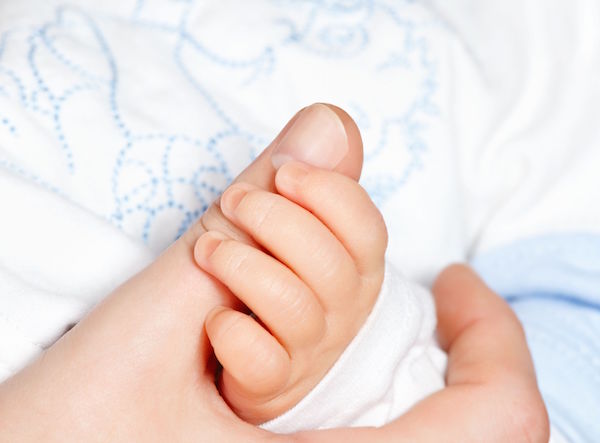
FRIDAY, April 6 (HealthDay News) — Laura Mokelke was diagnosed with painful psoriatic arthritis when she was just 19 years old. A powerful combination of medications helps to keep her symptoms at bay, including methotrexate, a drug that is used to treat certain types of cancer.
Now 30, Mokelke and her husband would like to have a baby. Concerned about the potential effects her medications might have on a growing fetus, the Mokelkes followed her doctor’s advice and have been working with her rheumatologist and obstetrician to adjust her medications.
“My rheumatologist and gynecologist always told me that the consequences of getting pregnant while taking methotrexate would be devastating,” said Mokelke. She said the doctors explained that she would probably miscarry on methotrexate, but that if she managed to carry a baby to term, the baby could very well have severe birth defects.
“We were told that it would take three to six months to get the methotrexate out of my system for it to be safe to start to try to conceive,” she said.
Mokelke was also taking etanercept (Enbrel) when she decided she wanted a baby. Etanercept dampens the immune system response, and Mokelke said her doctors told her that the long-term effects of the drug aren’t yet known. So, she needed to get off that medication, too.
She was also advised to stop taking celecoxib (Celebrex), a powerful, non-steroidal anti-inflammatory drug. She now takes a less potent painkiller.
Since stopping her medications, Mokelke said she’s experiencing more soreness in her joints.
“I am significantly more tired,” she explained. “I just have to pace myself so that I am not doing too much in one weekend or one afternoon. I will often take naps on the weekend for an hour between activities. My psoriasis has also flared up and is now covering more than 35 percent of my body instead of just small flare-ups on my elbows.”
But she said the good news is that she’s been told that when she gets pregnant, her disease will likely go into remission, thanks to the hormones that are released during pregnancy. Such a remission ends abruptly with the delivery of the baby, she said.
Mokelke and her husband have been trying to conceive for more than a year and expect to give it a few more months before they start looking into other options, including adoption. “Having a family is more important to us than creating a family,” she said. “Look at the big picture of things, and a woman’s health should be most important.”
She advised other women with chronic medical conditions who are thinking about getting pregnant to set a goal or time period with their partner before they start trying. She also said it’s a good idea to make whatever lifestyle changes you need to, like increasing your exercise or dropping your coffee habit, before you start trying to conceive.
“If at any point in time you feel like the chronic pain or medical condition you have is too much, and it is interfering with your ability to be comfortable, then it is time to stop and look into other options,” she said.
More information
A companion article offers more information on preventing birth defects.

